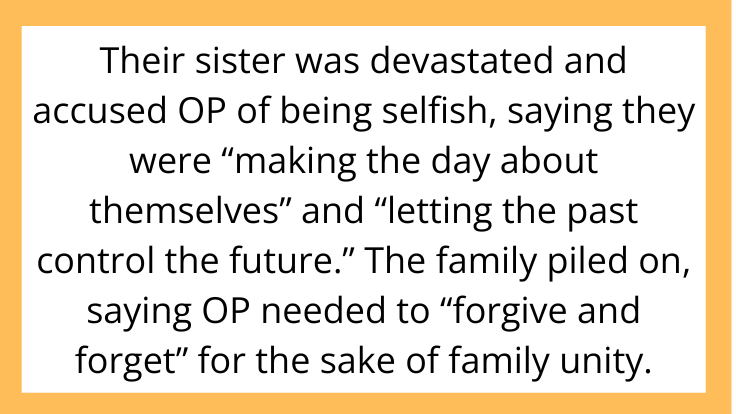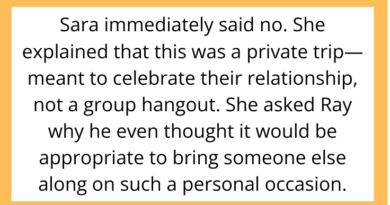Am I the Jerk for Skipping My Sister’s Wedding to Avoid My Abusive Mother?
Family dynamics are often complex, especially when trauma, estrangement, and unresolved issues come into play. One Reddit user’s AITAH post lit up the community with a story of emotional self-preservation versus family expectations—posing a tough question: Is it wrong to skip a loved one’s wedding because you refuse to be in the same room as someone who hurt you?
This post explores the intricacies of familial loyalty, personal boundaries, and the emotional toll of attending—or skipping—major life events when toxic relationships are involved.
The Story: A Wedding Invitation with Strings Attached
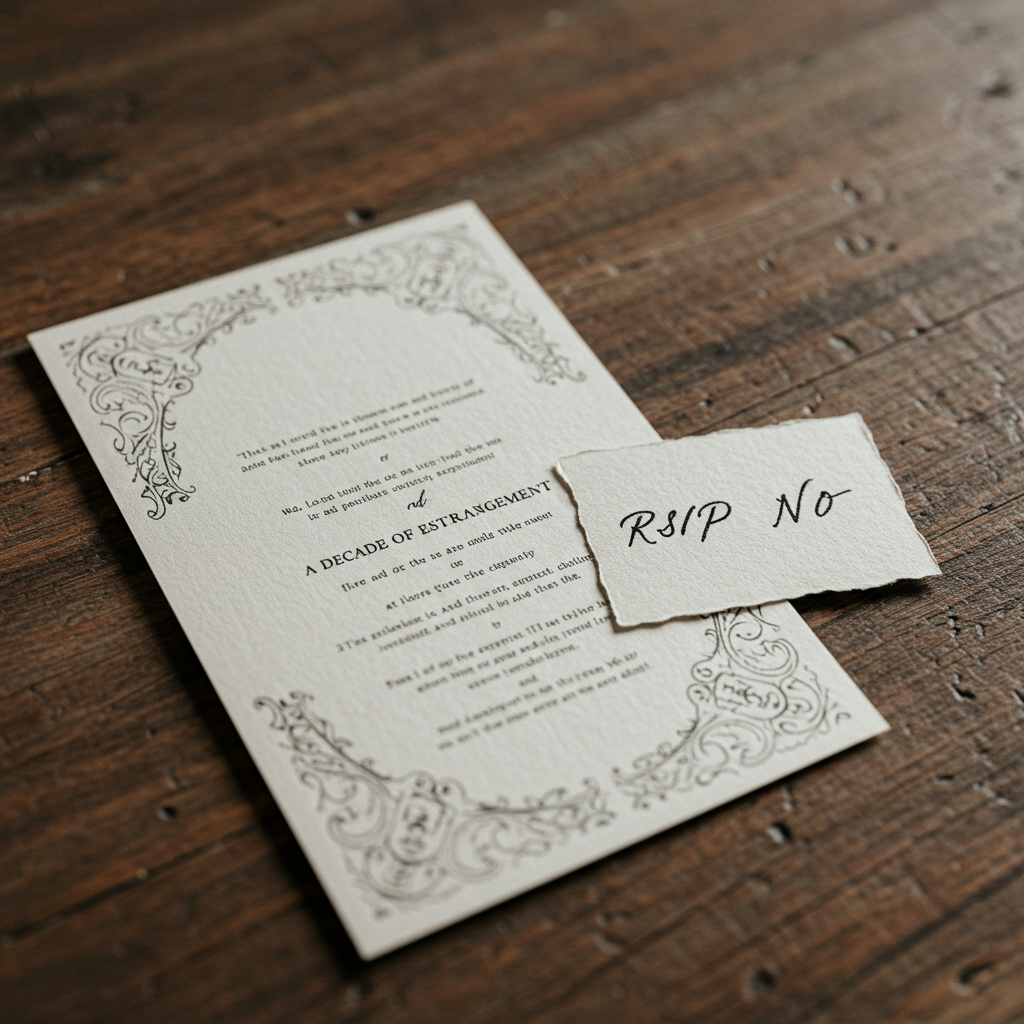
The Original Poster (OP) explained that they had been estranged from their mother for over a decade due to a history of emotional and physical abuse. After finally cutting contact to protect their mental health, OP had built a stable life and had no intention of reconnecting.
Then came the invitation to their younger sister’s wedding.
The problem? Their mother would be there—and not just in attendance, but front and center as part of the ceremony.
OP made it clear to their sister that while they loved and supported her, they could not be in the same space as their mother. They offered to take the bride out separately to celebrate, even help financially with parts of the event—but attending was out of the question.
Their sister was devastated and accused OP of being selfish, saying they were “making the day about themselves” and “letting the past control the future.” The family piled on, saying OP needed to “forgive and forget” for the sake of family unity.
So OP asked the question: Am I the jerk for not going to my sister’s wedding because I don’t want to see our abusive mother?
When Setting Boundaries Is Seen as Betrayal
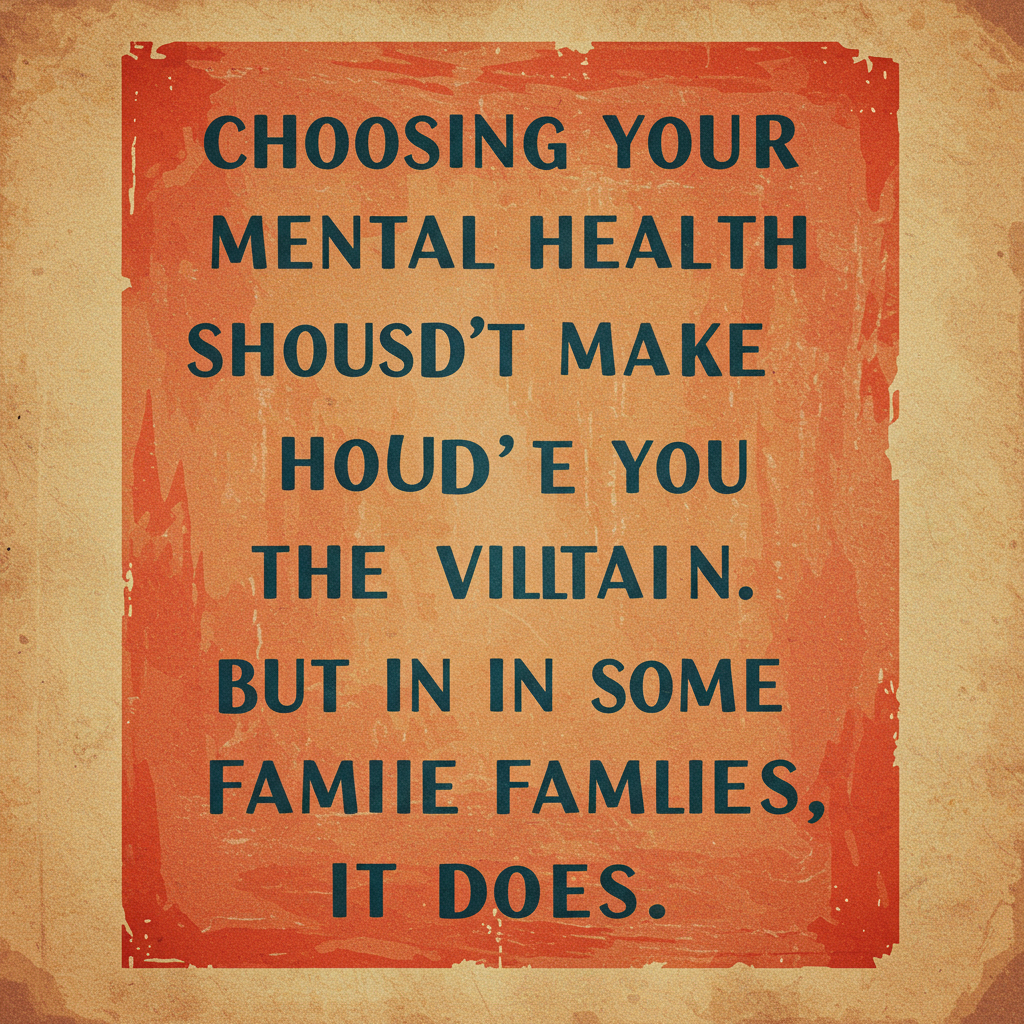
Self-Preservation Isn’t Selfish
One of the most compelling elements of this story is OP’s decision to prioritize their mental and emotional safety. Cutting ties with an abusive parent is never easy—and staying away from them, even during “important” events, is a deeply personal choice.
Reddit users overwhelmingly sided with OP, reinforcing the idea that self-preservation is not selfish. Just because others are ready to move on or pretend the abuse didn’t happen doesn’t mean you have to follow suit.
Trauma isn’t erased by invitations or milestones. For some, the most loving thing they can do for themselves is to stay away.
Emotional Manipulation Wrapped in Family Values
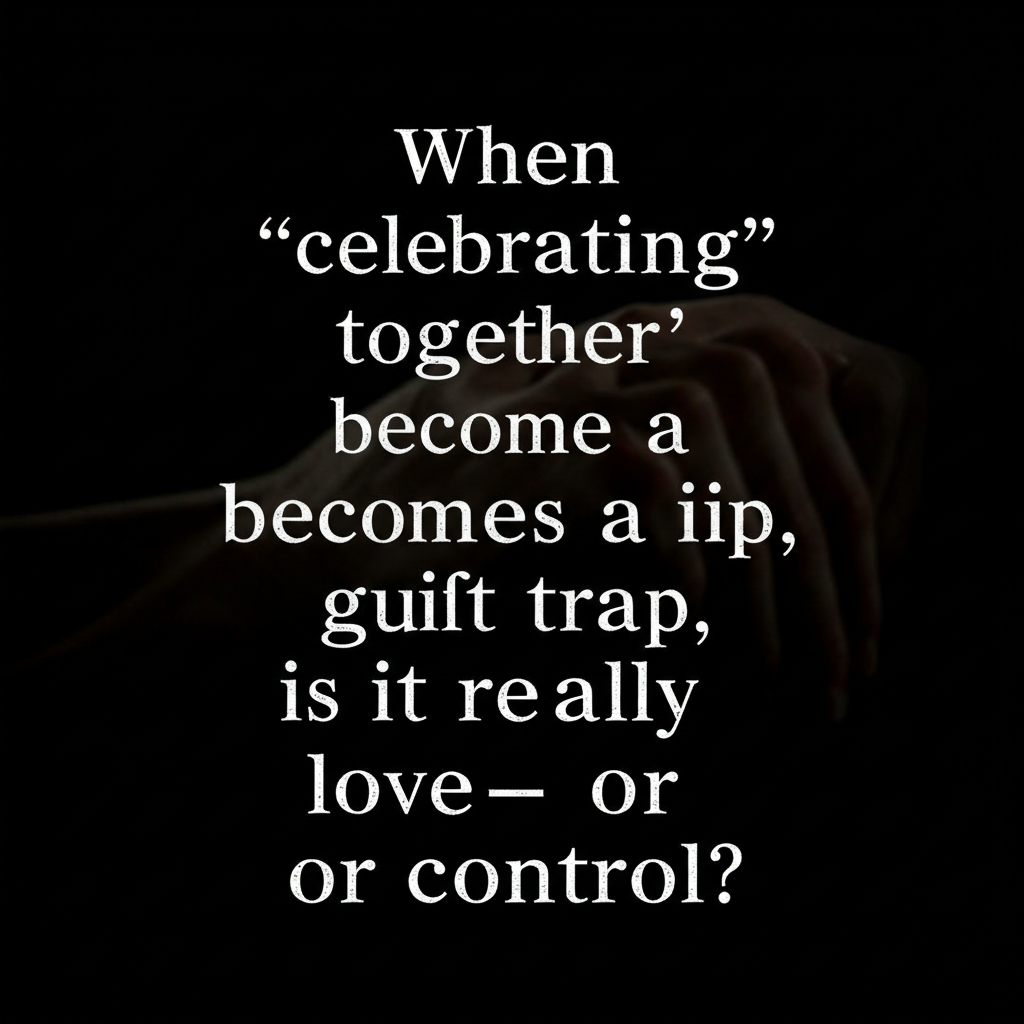
Comments pointed out that families often weaponize events like weddings to force reconciliation. It’s not about the event itself, but about control—expecting someone to “prove” their love by abandoning their boundaries.
In OP’s case, their willingness to celebrate separately showed they weren’t trying to hurt anyone. They just couldn’t expose themselves to a person who had caused them significant harm.
That’s not manipulation. That’s maturity.
The Myth of “Forgive and Forget”
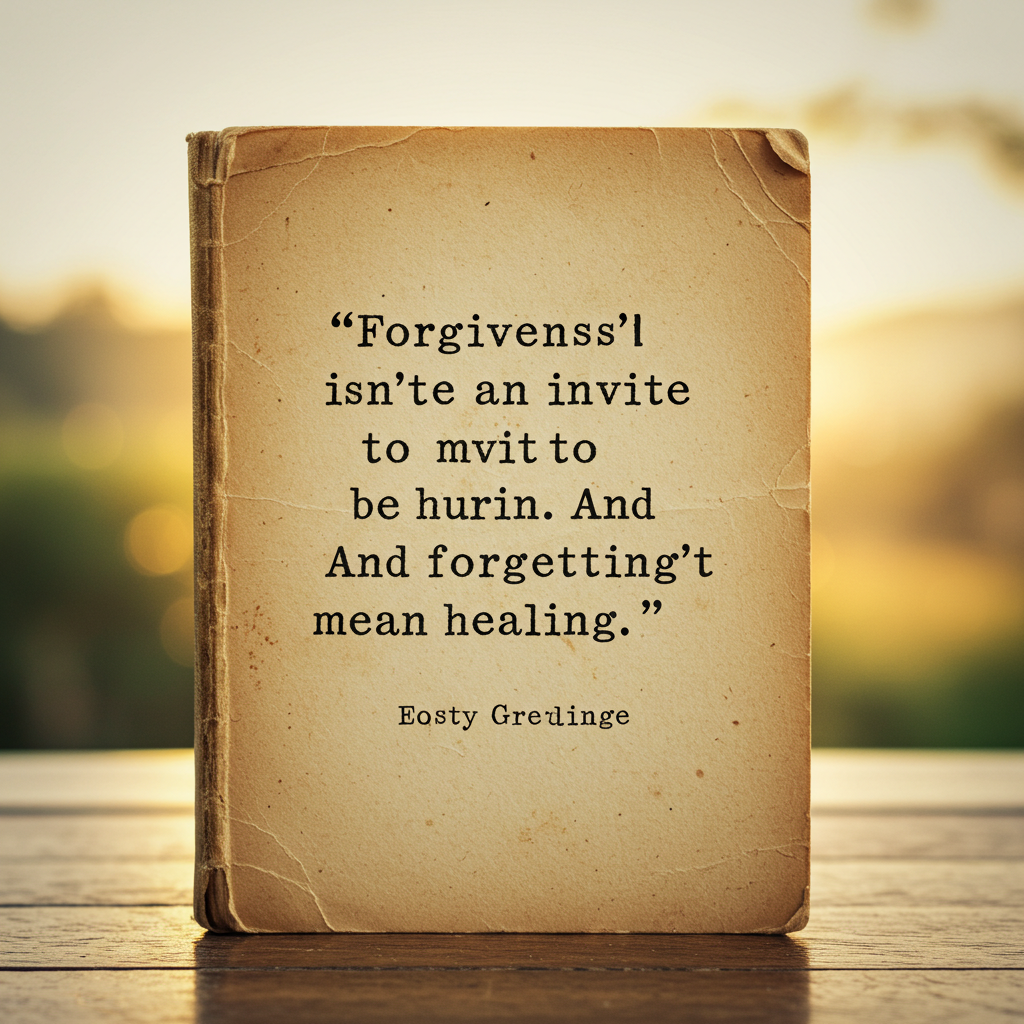
Forgiveness Isn’t a Performance
One of the most repeated phrases in the thread was, “Forgiveness is for you, not them.” But even so, forgiveness doesn’t mean placing yourself back into harm’s way. It doesn’t mean tolerating abuse to keep the peace.
The family’s insistence that OP “get over it” suggested that they were more concerned with appearances than healing. That kind of pressure often stems from discomfort with accountability—not a genuine desire to heal relationships.
Forgetting Isn’t Healing
Forgetting what happened—especially when it involves trauma—doesn’t heal the wound. It just allows others to avoid dealing with it.
OP’s decision not to attend was a way to honor their progress and keep the door closed on a relationship they had worked hard to escape. That’s not cruel. That’s courageous.
Sibling Bonds Put to the Test
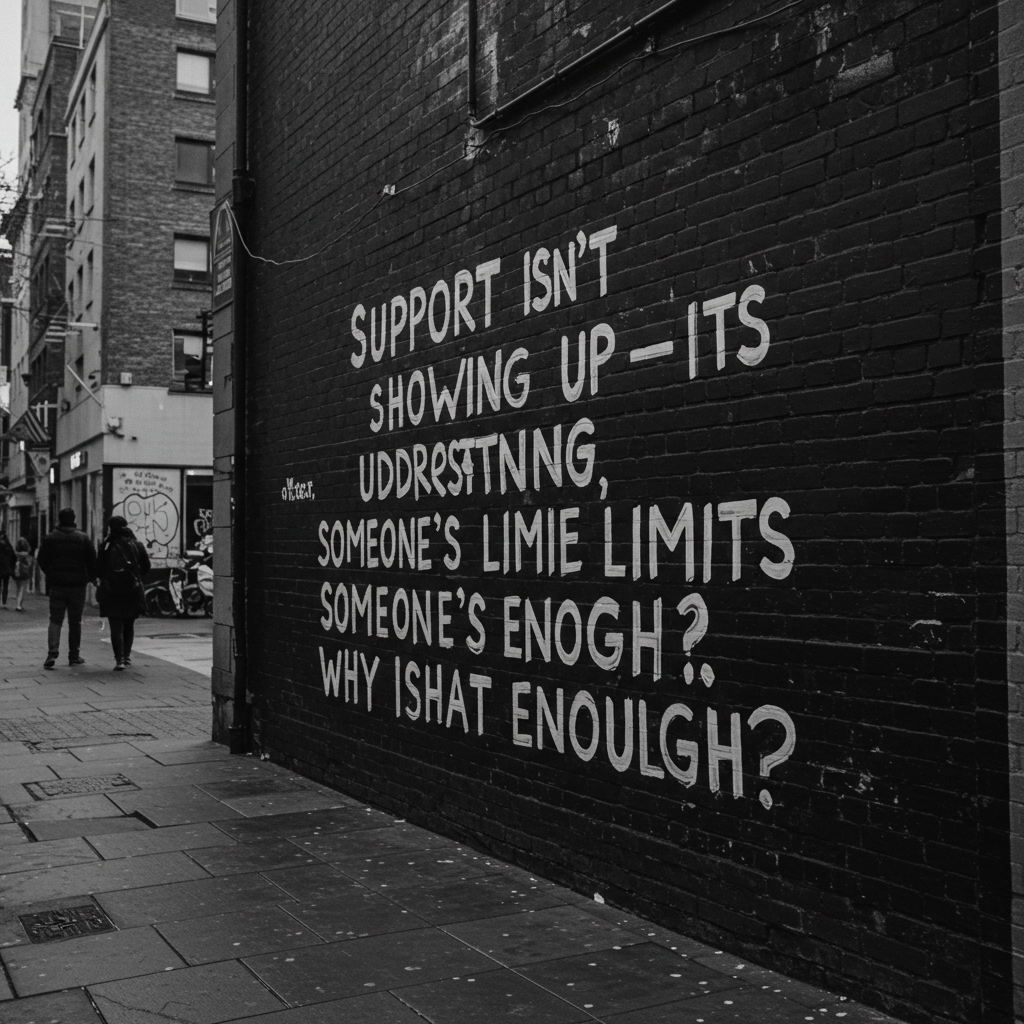
Support Should Be a Two-Way Street
OP clearly loved their sister and wanted to support her. They were upfront, respectful, and even offered alternative ways to participate. But that wasn’t enough.
It raises the question: Why is support only valid if it comes in the form others demand?
Support should involve compromise, empathy, and an understanding of each other’s limits. In this case, the sister’s refusal to consider OP’s position felt more like an ultimatum than a request.
Weddings Aren’t About One Person’s Needs
It’s a common misconception that weddings are a free pass to demand anything from anyone. While the day is significant, it doesn’t mean others must sacrifice their well-being to attend.
OP’s absence wasn’t a protest—it was a boundary. The fact that it was interpreted as betrayal says more about the family’s unwillingness to accept that boundary than it does about OP’s love for their sister.
What the AITAH Community Decided
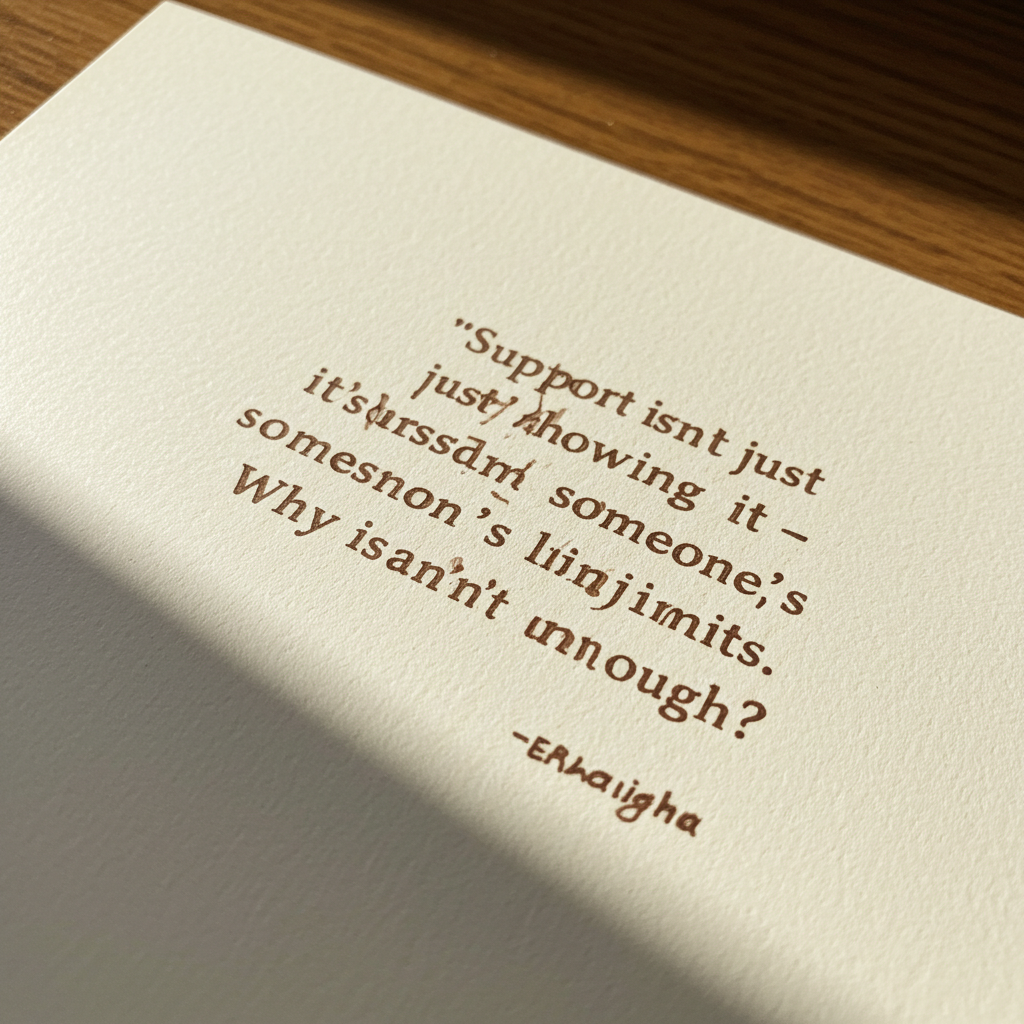
The community came down firmly in OP’s favor: Not the jerk.
Here’s what commenters had to say:
“You’re not skipping your sister’s wedding out of spite. You’re protecting yourself. That’s valid.”
“You offered alternatives. You showed care. You don’t owe anyone your trauma exposure for the sake of a photo op.”
“Forgiveness doesn’t mean pretending it didn’t happen. You’re brave for standing your ground.”
Reddit users also warned about how “keeping the peace” often comes at the cost of the person who has already suffered the most. OP refusing to bear that cost again wasn’t heartless—it was human.
Final Thoughts: Boundaries Don’t Ruin Families—They Protect People
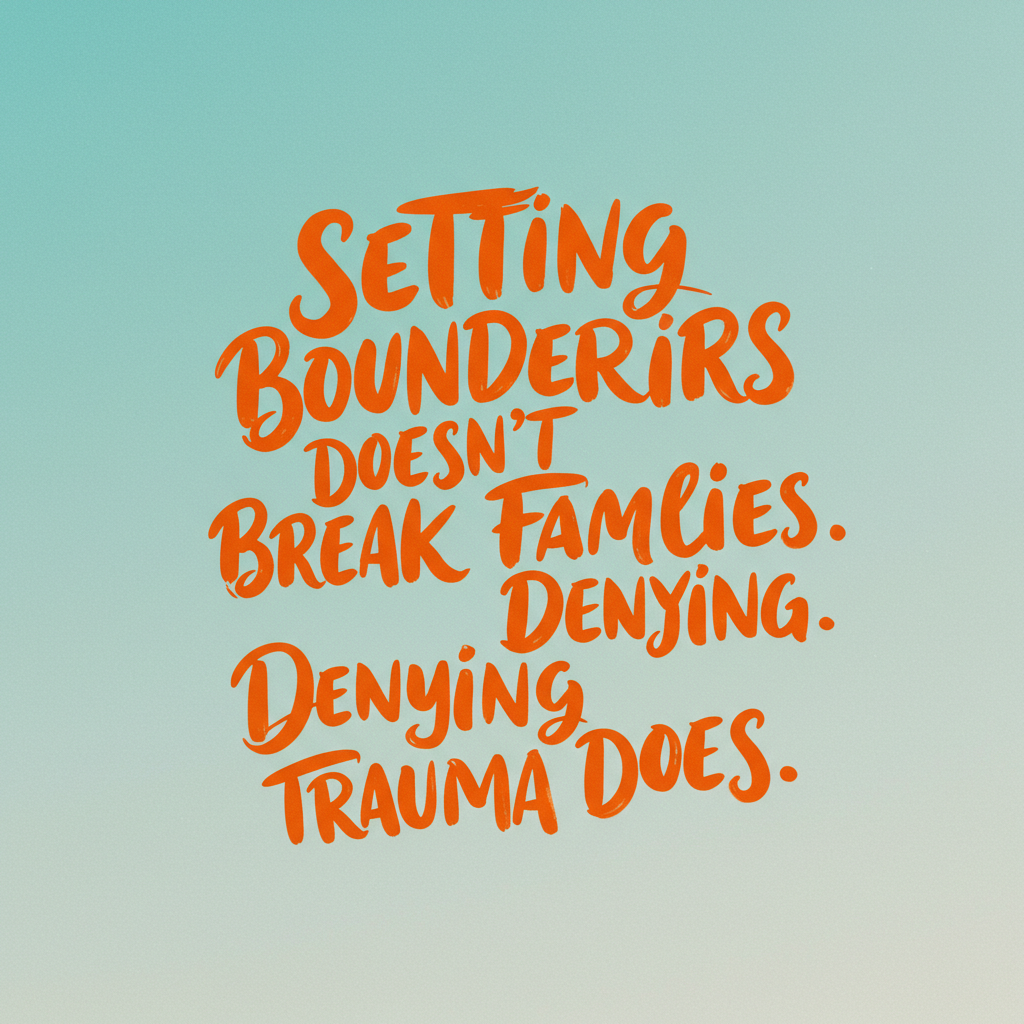
The heart of this AITAH story isn’t about a wedding. It’s about boundaries, trauma, and the emotional labor expected of survivors in families that refuse to acknowledge the past.
OP was clear, consistent, and kind. They made a decision that reflected years of hard-earned healing—and in return, they were painted as the villain.
But as the AITAH community confirmed, setting boundaries isn’t villainous. It’s vital.
No one should be expected to sacrifice their peace for someone else’s moment—especially not when the price is reliving pain they’ve worked so hard to move past.
